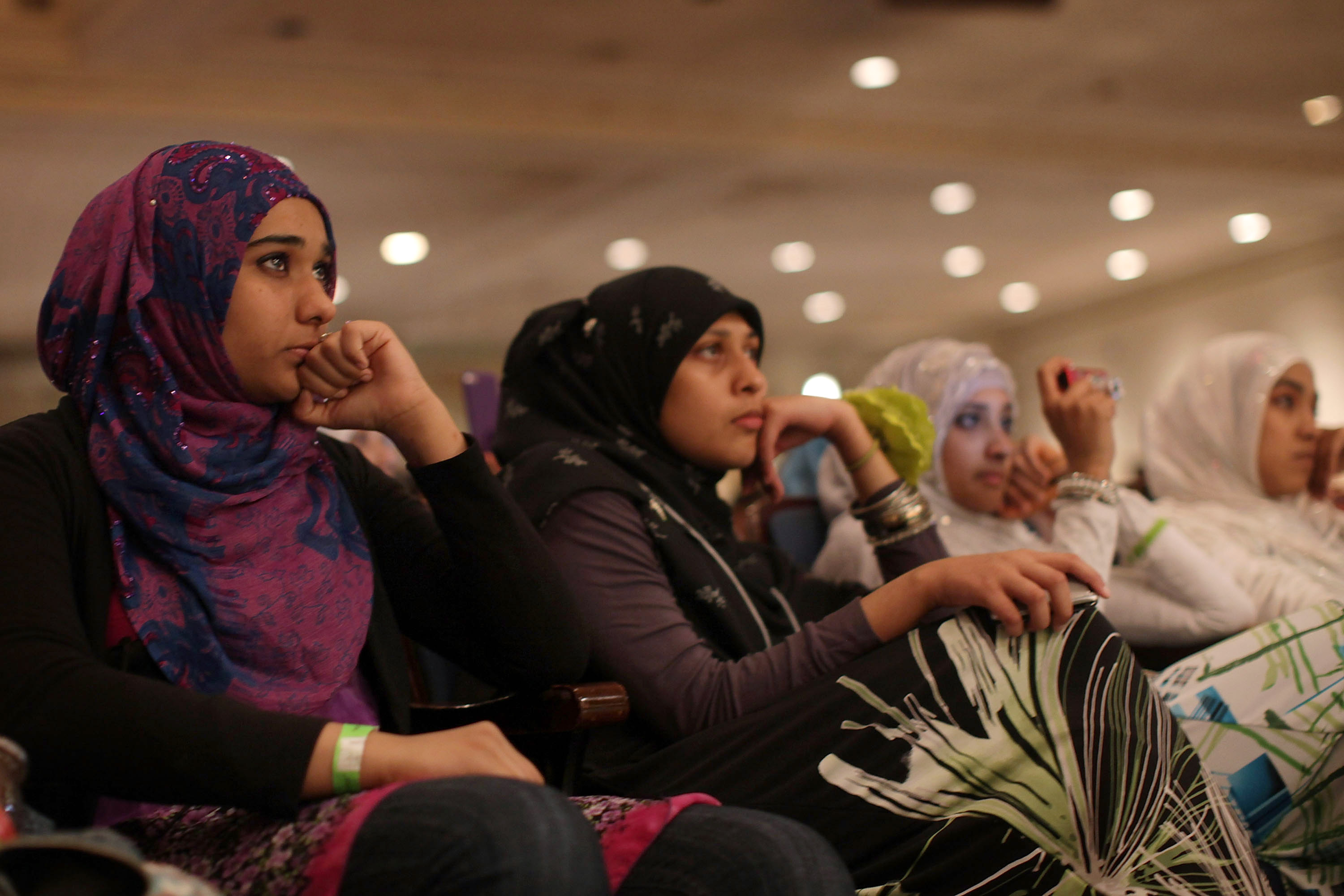The years since 9/11—and since the start of the current election cycle—have been rife with Islamophobic rhetoric and violence. Writer Beenish Ahmed appeared on NPR’s “All Things Considered” yesterday (October 27) to discuss what she describes as “Muslim Twoness”—the state of being feared by some people while simultaneously fearing others as she navigates life in this country.
She begins with a story (per the transcribed audio):
He leaned against the subway doors in a denim jacket, camouflage pants, combat boots and, to top it off, a black ski mask. I wondered if he had a gun. I wondered if he was a White supremacist. I wondered if he had spotted my friend and me, with our brown skin and black hair. Our Islamic faith and immigrant parents—could he somehow see that, too?
I whispered to my friend: “We have to get out of here.”
Ahmed goes on to describe how fear impacts the lives of some Muslims living in America:
Everyday Muslims worry about the backlash from attacks carried out by extremist Muslims. We don’t agree with their violent ideologies, but we guard against their consequences—tuck hijabs into hoodies, avoid praying in public. Downplaying your faith in a nation founded by people who sought freedom from religious persecution is as ironic as it is iconically American. We might not be the first religious group to worship quietly for the sake of safety, but like Jews and Catholics before us, we have good reason.
She later explains how the concept of “twoness” connects her to the long line of people who have been othered in America.
The late scholar W.E.B. DuBois called what I am experiencing double consciousness. In his book “The Souls Of Black Folk,” DuBois talked about, quote, “the sense of always looking at oneself through the eyes of others, seeing the world and seeing how the world sees you all at once.” This defines the American-Muslim experience. I was born in this country, and yet I’ve been told to go back to where I came from.
Read the editorial version of the story here, or listen to it below.
